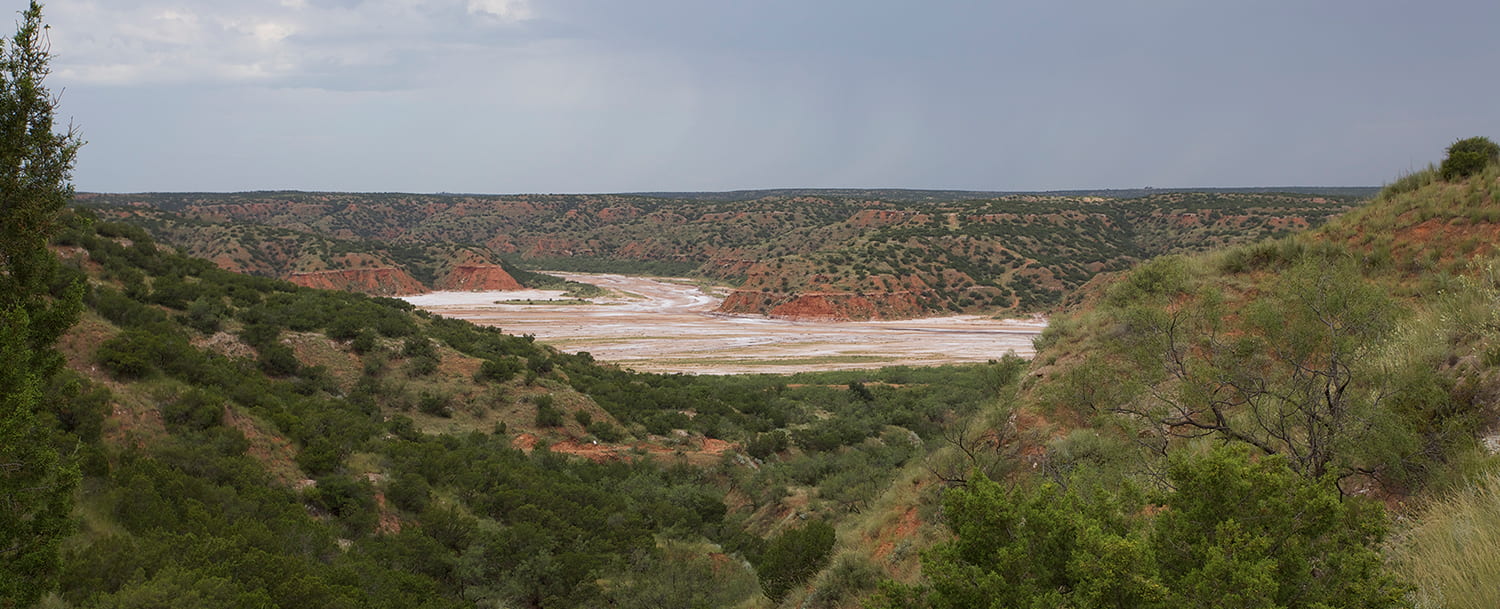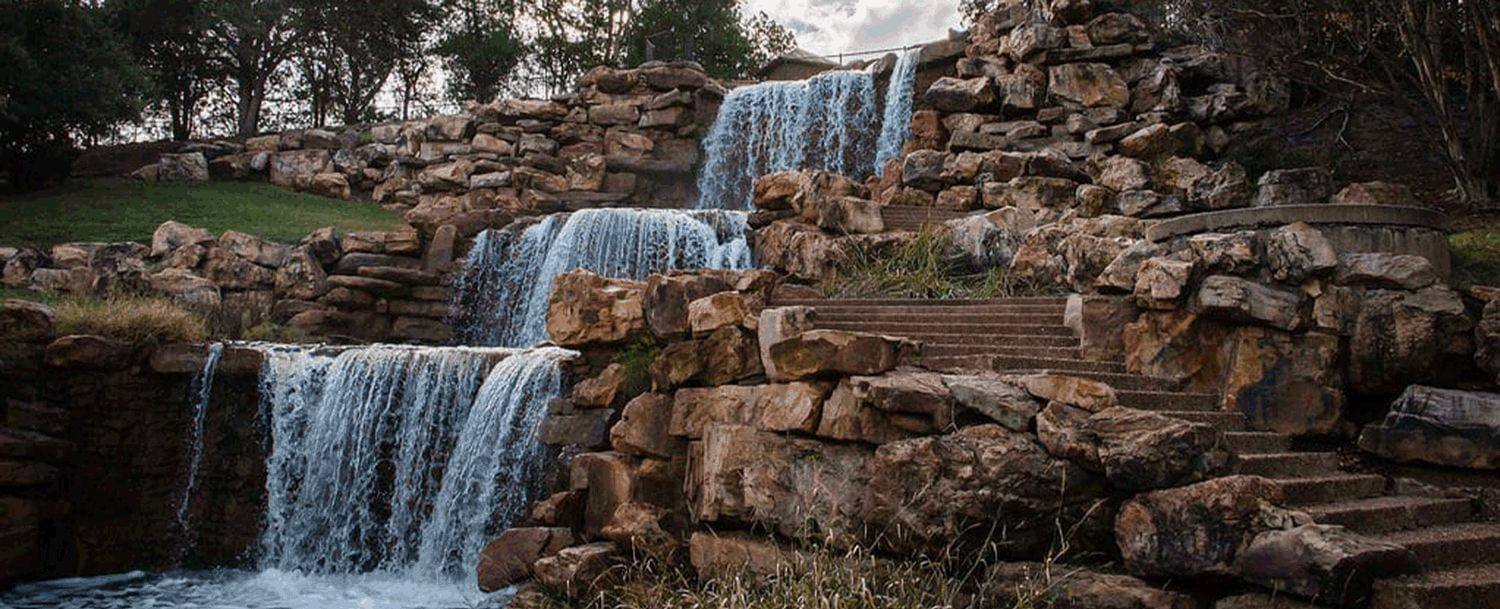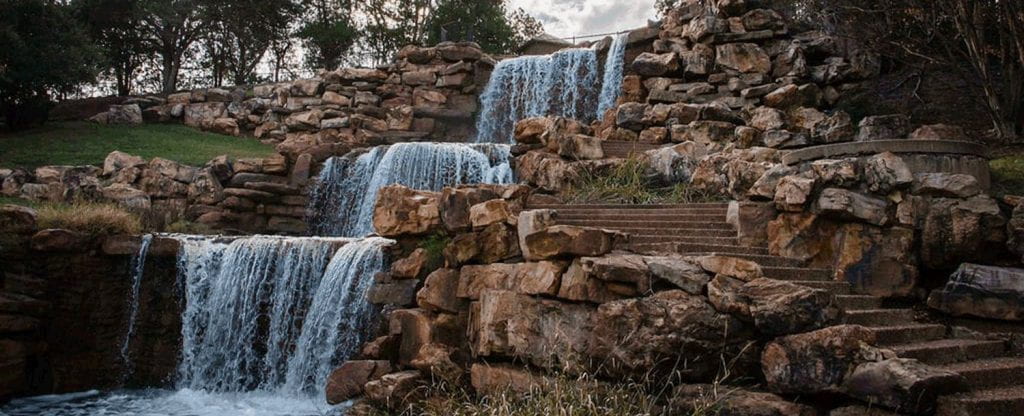With 38 public universities and 35 private colleges and universities in the state and many more across the country (and the world) interested in Texas, there’s a great deal of academic scholarship focused on water in the Lone Star State. In this column, I provide brief summaries to several recent academic publications on water in Texas.

Let’s start thinking about water!

Language and Groundwater: Symbolic Gradients of the Anthropocene
Sticks and stones may break your bones, but words will never…wait—hold on a second. Words can influence your thinking. Accordingly, Adams investigates the terminology of groundwater with a focus on the Ogallala Aquifer in Texas. Somewhat philosophical and academic, the paper dissects the meaning and use of the words consumption, extraction, production, and depletion, among others, in statute as well as in everyday use by water managers. Adams also discusses the changed meaning of conservation in Texas where its early use was about maximizing groundwater production instead of today’s meaning of maximizing efficiency. Hydrogeology, for most of its history since the 1880s, has been human- and production-focused, and many of its terms still convey that narrative. And hydrogeologists still argue over the meaning of certain words. For example, more than 100 years after the use of the term safe yield for aquifers, hydrogeologists still hem and haw over what it means. This paper has helped me think more deeply about the words I use and what hidden (and unintended) meaning might be nestled in them.
Citation
Adams, P., 2021, Language and groundwater—Symbolic gradients of the Anthropocene: Annals of the American Association of Geographers, v. 111, n. 6, p. 677-686, DOI: https://doi.org/10.1080/24694452.2020.1782724

Little Red River Valley Hall County Texas. Photo credit: Leaflet, Wikimedia Commons
Is There Enough Water? How Bearish and Bullish Outlooks Are Linked to Decision Maker Perspectives on Environmental Flows
For some people, the glass is half full; for others, it is half empty. Wineland and others surveyed decisionmakers in the Red River Basin about their views on environmental flows and found that, while most agreed that environmental flows provide benefits, there were two clusters of outlooks, one bullish on achieving environmental flows and one bearish. The bears think that current flows are inadequate, there are large social barriers against protecting them, there would be more conflict, and climate change would only make things worse. The bulls saw fewer conflicts and fewer social barriers. Wineland and others suggest that these different viewpoints will complicate the protection of environmental flows but that there are opportunities for collaboration, facilitated, in part, by communication between the two groups. As it turns out, for some stakeholders, the river is half full for environmental flows; for others, it is half empty.
Citation
Wineland, S.M., Fovargue, R., York, B., Lynch, A.J., Paukert, C.P., and Neeson, T.M., 2021, Is there enough water? How bearish and bullish outlooks are linked to decision maker perspectives on environmental flows: Journal of Environmental Management, v. 280, 11 p. https://www.sciencedirect.com/science/article/pii/S0301479720316194

The Falls in Lucy Park in Wichita Falls, Texas.
Tracking Wichita Falls’ Path From DPR to IPR
The 2011 to 2015 drought was a scary one where Wichita Falls was on the cusp of running out of water. In a purposeful and thoughtful way, the city convinced its citizens and state regulators that it could repurpose its desalination plant (used to desalt its surface water) into a direct potable reuse plant to provide 50 percent of its water supply. Once the drought was over, the city then converted that operation into an indirect potable reuse project—something that was already in the works before the direct potable reuse project was built—piping their treated wastewater to Lake Kemp. Nix and others tell the fascinating story about how the city did all this. As bad as the drought was, a positive outcome has been the creative thinking that saved the city’s water supply and the city’s support of Nix and others to tell their story to help other communities across the state and the world. Bonus points for using a wonderful quote by Fred Rogers that relates not only to the projects but also to direct use: “Often when you think you’re at the end of something, you’re at the beginning of something else.”
Citation
Nix, D.K., Southard, M., Burris, H., Adams, H., and Schreiber, R., 2021, Tracking Wichita Falls’ path from DPR to IPR: Opflow, March, p. 10-15 https://doi.org/10.1002/opfl.1499
Join Our Mailing List
Subscribe to Texas+Water and stay updated on the spectrum of Texas water issues including science, policy, and law.

